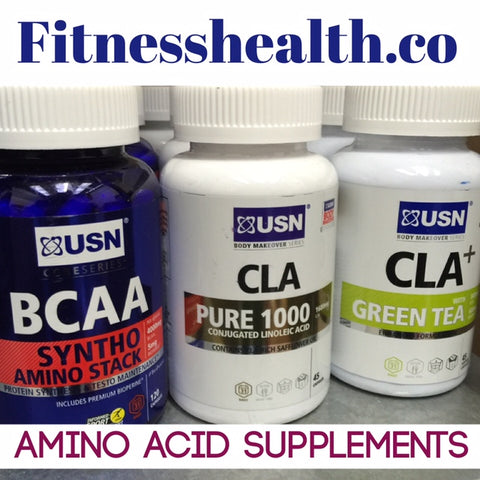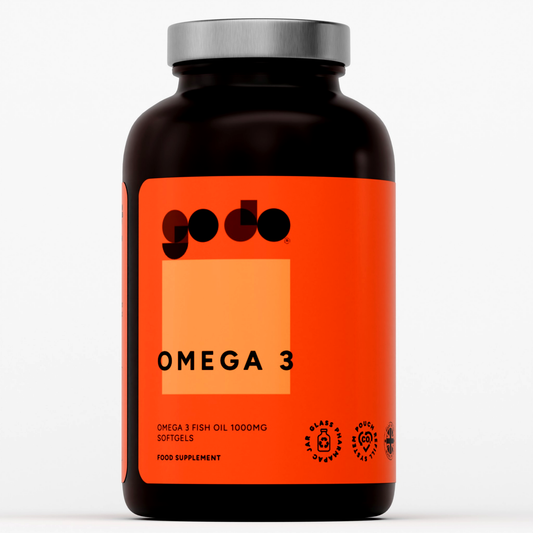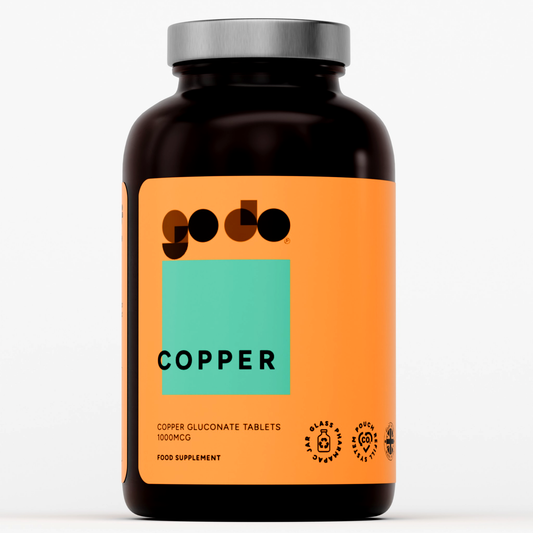
Amino acids as a whole refer to 20 different protein-based molecules that our bodies need for maximum health. They aid in muscle growth and soft tissue repair, in addition to assisting with a number of other healthful bodily functions as well.
Twelve of the acids your body can make on its own. The remaining eight, called “essential amino acids,” you have to get through diet or supplementation. Furthermore, for people who have higher protein needs or any type of health issue which makes it hard to get all of their acids via diet alone, supplementation often becomes a necessity.
Common Amino Acid Supplements
Some of the most common amino acid supplements taken by health enthusiasts today are branched-chain amino acids. Called BCAA for short, these three amino acids are leucine, isoleucine, and valine and specifically they help decrease the breakdown of proteins during tough exercise sessions. They also improve your post-workout recovery, which means that you will have more energy and less physical discomfort, making it easier to stay on track.
Two additional amino acids that serve a very valuable purpose when it comes to maximum fitness are arginine and glutamine. In higher doses, arginine has even been found to be effective in lowering blood pressure to healthier levels. Glutamine is important for wound healing and infection protection, making it beneficial in the case of injuries, especially if you’re under a lot of stress and your body isn’t able to synthesize enough on its own.
Other amino acids that can be taken individually or all together in products that contain a variety of different acids include L-cysteine, L-glutathione, L-Lysine, L-methionine, L-ortnithine, L-theanine, and L-tyrosine. Each one provides benefits ranging from improved immunity to optimal function of your adrenal, thyroid, and pituitary glands, making you feel better both during and after your workout sessions.











